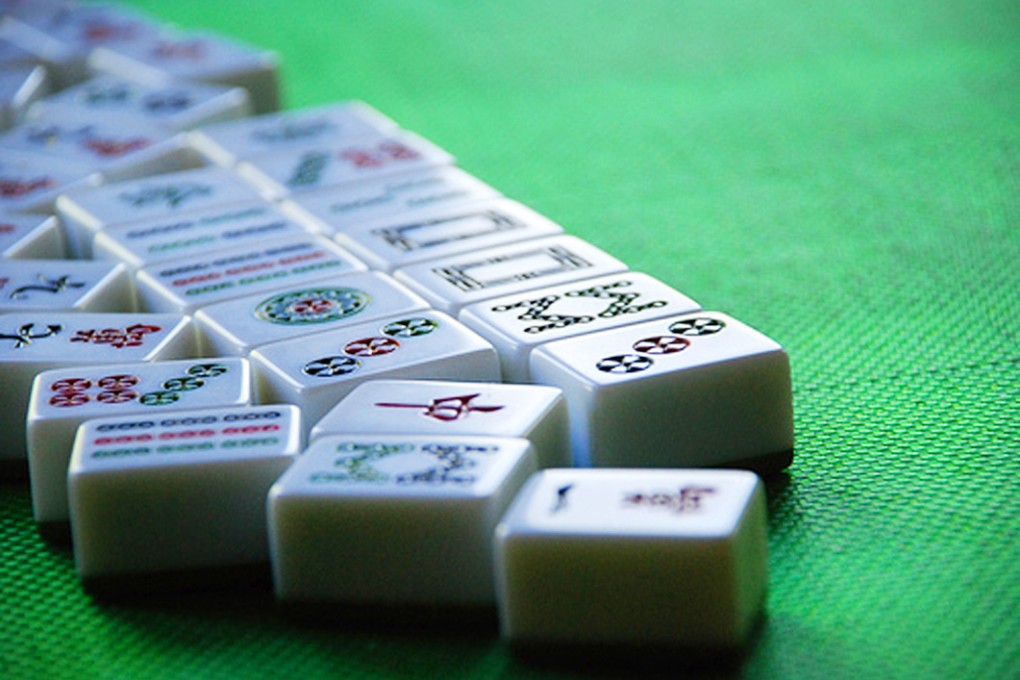Update | Chinese state media calls for officials to stop playing mahjong
Mahjong became the latest extravagance to be condemned in official media, as a writer in the Communist Party’s mouthpiece newspaper urged government personnel to shun the pastime.

Mahjong has become the latest “extravagance” to be condemned in censorious official Chinese media, as pleasure-seeking Communist Party officials are urged to shun the game in the name of curbing corruption.
Chinese people have been clacking mahjong tiles for more than a century, with some accounts even naming its inventor as the ancient sage Confucius. But officials have taken their hobby too far, according to a commentary in the People’s Daily on Tuesday.
“The phenomenon of Communist officials going to rural retreats to have fun, play mahjong and poker ... must resolutely stop,” the commentary said, referring to the widespread practice of betting on games “to add a little stimulation”.
The article called for an equally “resolute” end to government staff “spending public money to visit historical sites in the name of ‘study’, and then simply going to any old fun place”.
The commentary was the latest in a series of state-issued broadsides against official extravagance, as President Xi Jinping attempts to improve the Communist party’s image in response to widespread anger over endemic corruption.
The campaign has led to an unprecedented investigation into retired security czar Zhou Yongkang, though the vast majority of officials punished since Xi came to power have been from the government’s lowest levels.